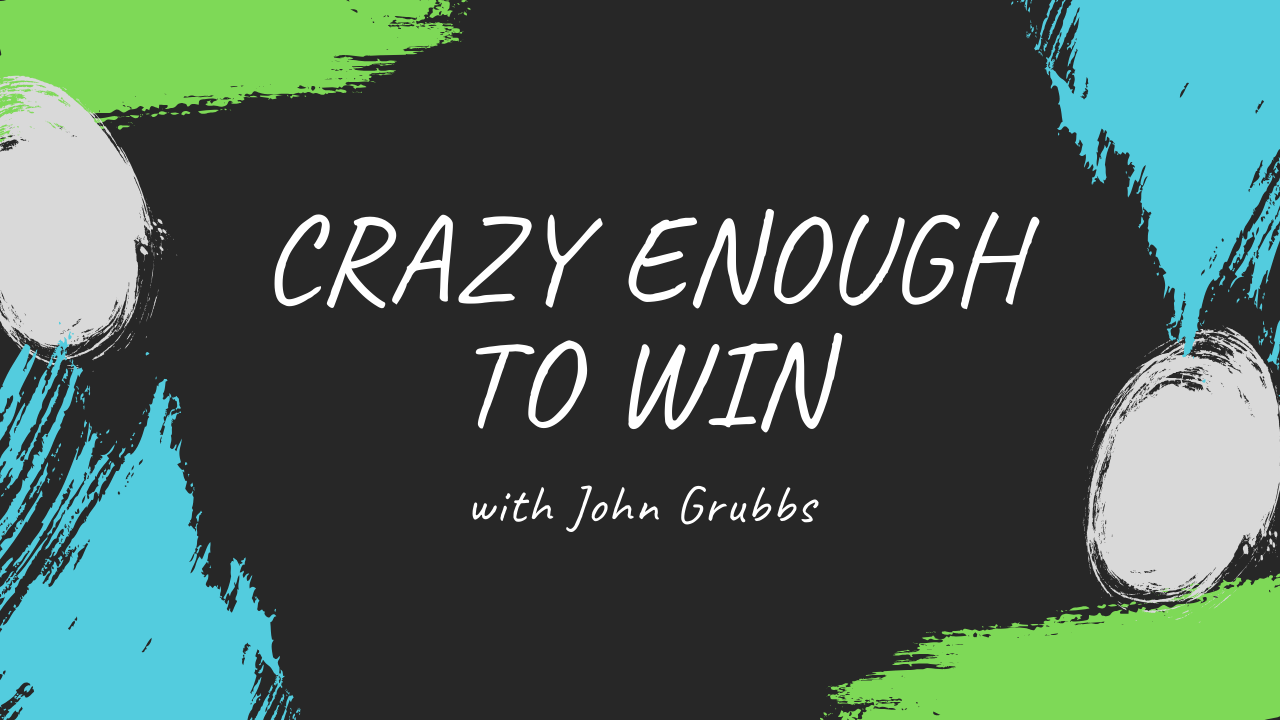|
Helping Companies Rethink, Recover & Refocus on the Future
Call John Grubbs (903) 295-7400
Build relationships with your customers, and they will buy from you. Whether you agree or not, this is a common misconception in professional sales. While relationships can be essential to build trust and rapport, more is required to sustain sales success. Poorly trained sales teams rely on this surface methodology. Well-trained sales teams challenge customers to think differently. The "great recession" of 2008 was a proving opportunity for sales teams around the world. It is simpler to sell during economic highs because everyone is buying. What happens when people stop buying, and sales teams must create value in people who are not looking to purchase? How does a sales professional interrupt a prospect to make a sale?
The sales profession has many faux salespeople. They get a business card that reads "sales something" and get asked to go out and sell based on personality alone. Some survive, yet many perish in the cruel world of business development. It is a fundamental truth that sales teams are untrained or under-trained to sell. Don't believe me? Following are some statistics (Sales Management Association) before the pandemic made sales more challenging than ever.
- Firms that were "laggards" in adopting sales technology saw their sales goal achievement drop 12% from previous years.
- 43% of companies made a moderate-to-high investment in sales learning and development technology.
- More than 2/3 of companies that invested in sales learning and development technology realized a positive ROI.
- On average, firms that use technology effectively were 57% more effective at sales training and development than ineffective technology users.
- On average, new sales hires (most get no training) spend ten weeks in training and development and only become productive after 11.2 months.
- Most companies (62%) consider themselves ineffective at onboarding new sales hires.
- 8 out of 10 companies introduced a new product or service in the previous 12 months.
The knowledge gap that existed before 2020 has become more significant. Struggling sales teams are grasping for help. Demand for my 12-month sales experience is at an all-time high. Virtual selling is here to stay, and sales teams struggle to adopt the technology and methodology to create opportunity in a new world. Firms are refocusing sales strategy (75%), pursued new markets or verticals (70%), made changes to their value proposition (61%), and implemented a new sales methodology (54%) during recent years.
The challenger sales model was born during the 2008 economic collapse and has resurfaced in recent months as a prescription for growth after the global pandemic. What exactly is challenger selling?

